June 5, 2017
Marshall, Texas is a town of less than 25,000 residents in East Texas.[1] It is closer to Shreveport, Louisiana than it is to Dallas or to Houston. Nevertheless, since the late 1990s, Marshall has become the epicenter for a series of high-profile patent litigation cases. In 2015, there were nearly 6,000 patent infringement cases filed in the United States. At least 1,500 of these filings ended up before Judge Rodney Gilstrap,[2] a judge for the Eastern District of Texas, in the Marshall, Texas division. This was no accident.
As of last month, however, this may all be subject to change.
On May 22, 2017, in TC Heartland LLC v. Kraft Foods Group Brands LLC, the United States Supreme Court addressed a dispute regarding the patent venue statute and unanimously held that civil actions for patent infringement may only be brought in the judicial district where the defendant resides or where the defendant has committed acts of infringement and has a regular and established place of business. Prior to TC Heartland, patent owners could choose to file suit in most any state given that most corporations made or sold products nationwide. This allowed certain courts to set up shop as patent “rocket dockets” which encouraged litigators to choose their venue.
This is how one judge in Marshall, Texas came to oversee, on average, nearly a quarter of all patent infringement cases filed in the United States. Now that TC Heartland is the rule of the land, there are three primary issues to address and explore: (1) how did Marshall, Texas become a “rocket docket” for patent cases?; (2) what rule did the Supreme Court actually change?; and (3) what is likely to happen now?
Continue reading
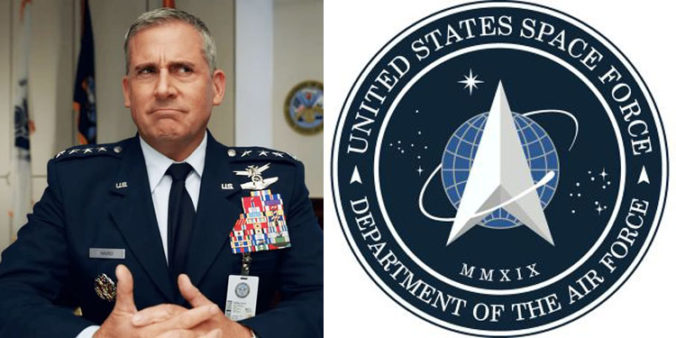
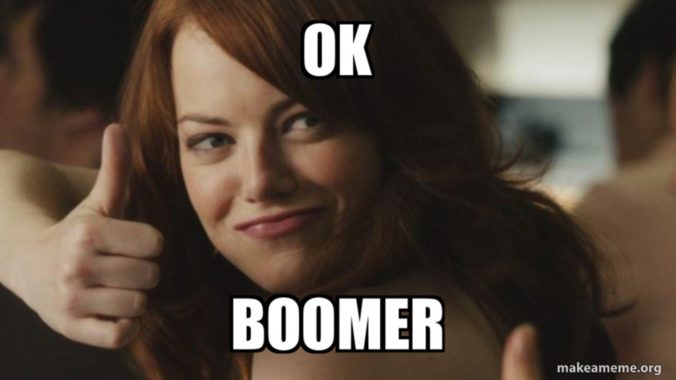
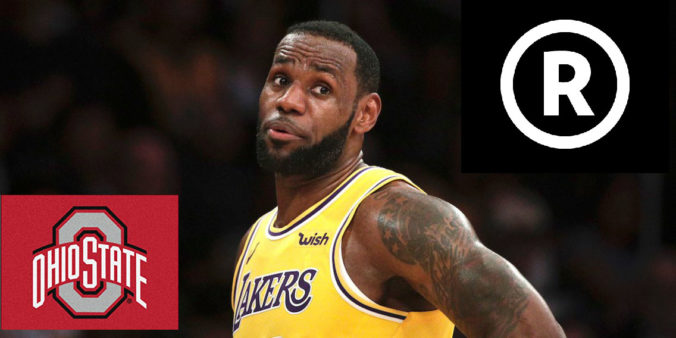
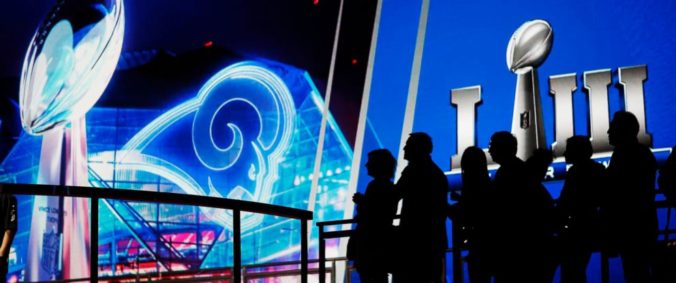

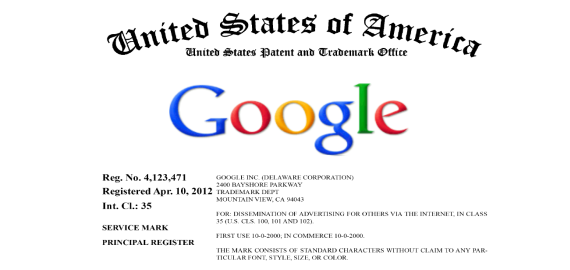
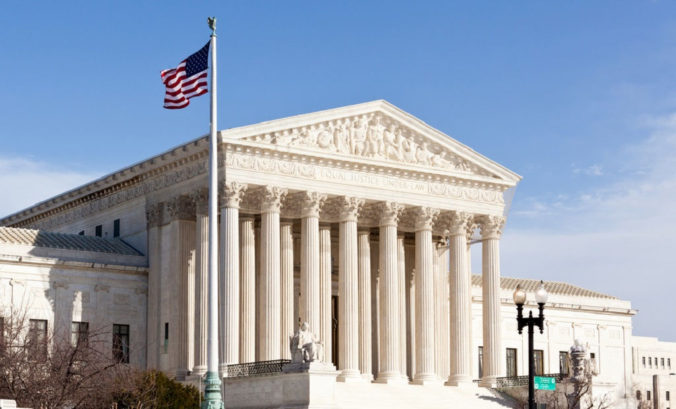

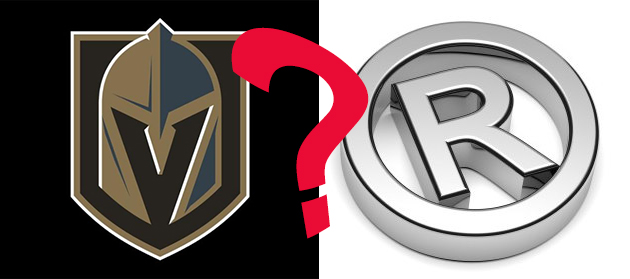
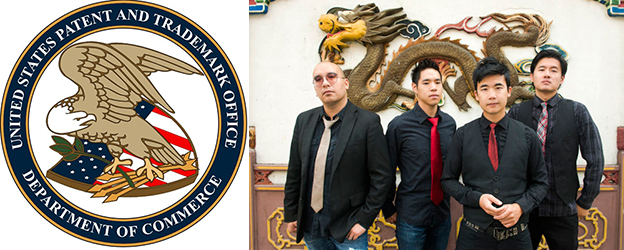
Recent Comments